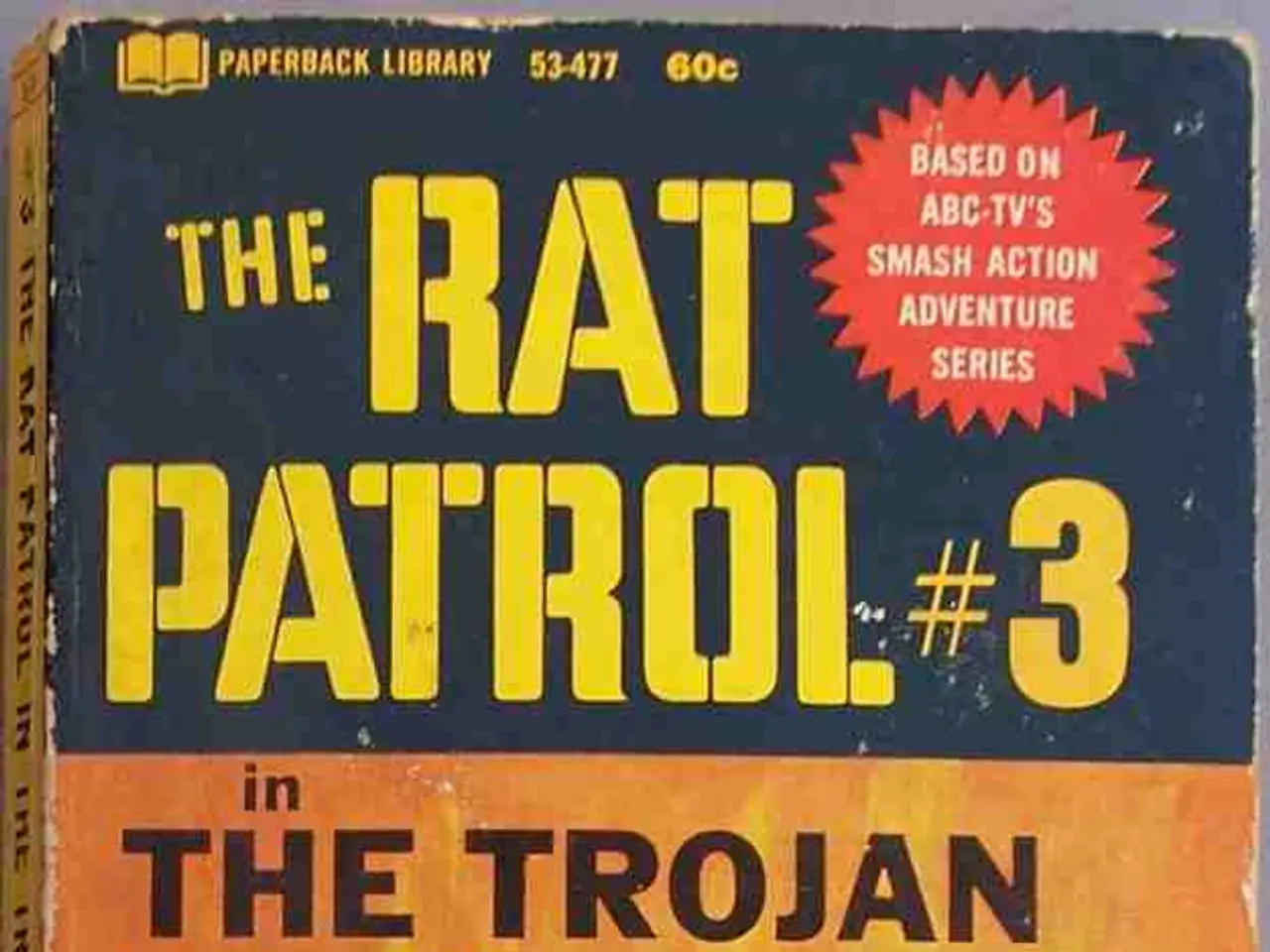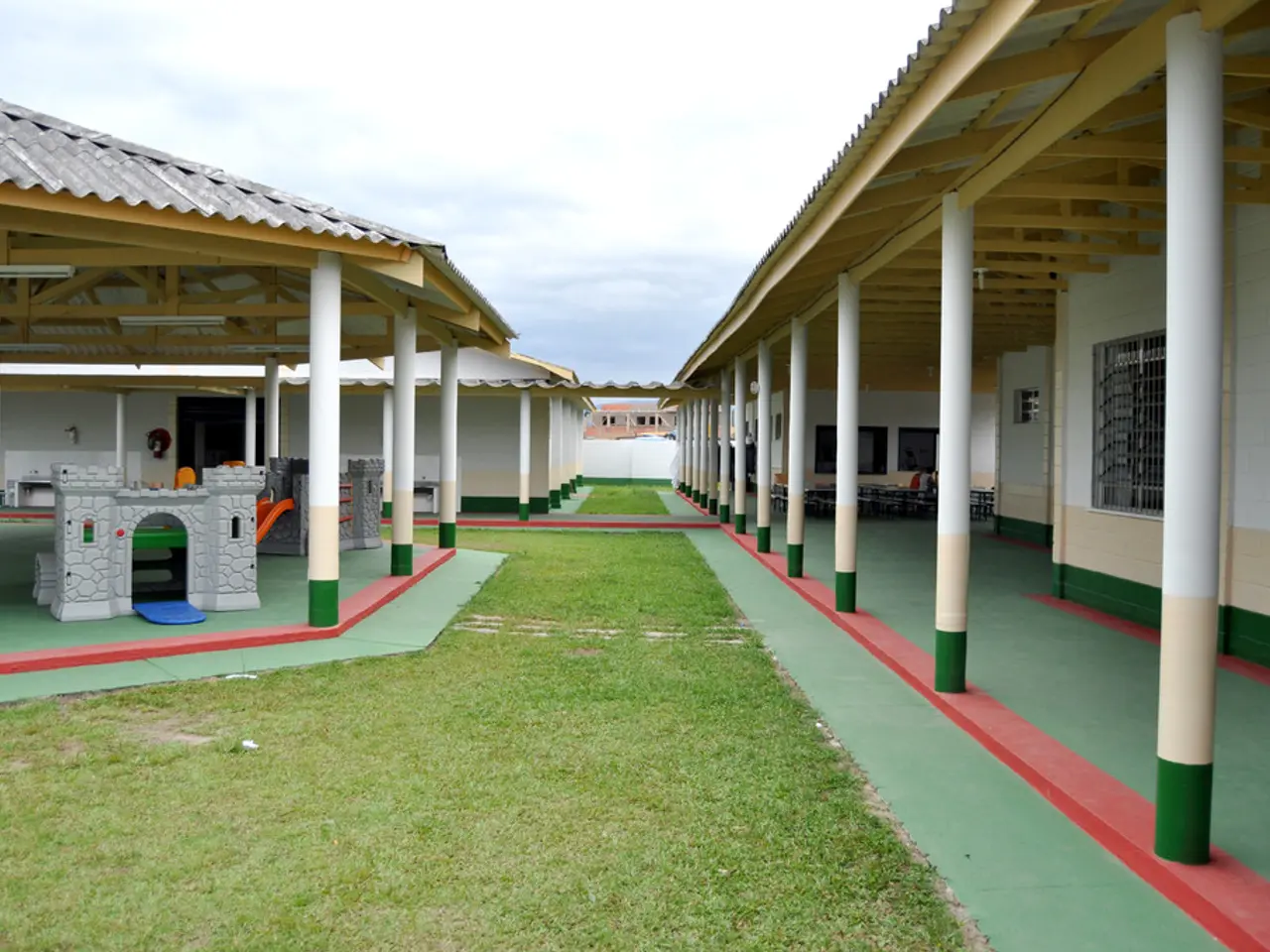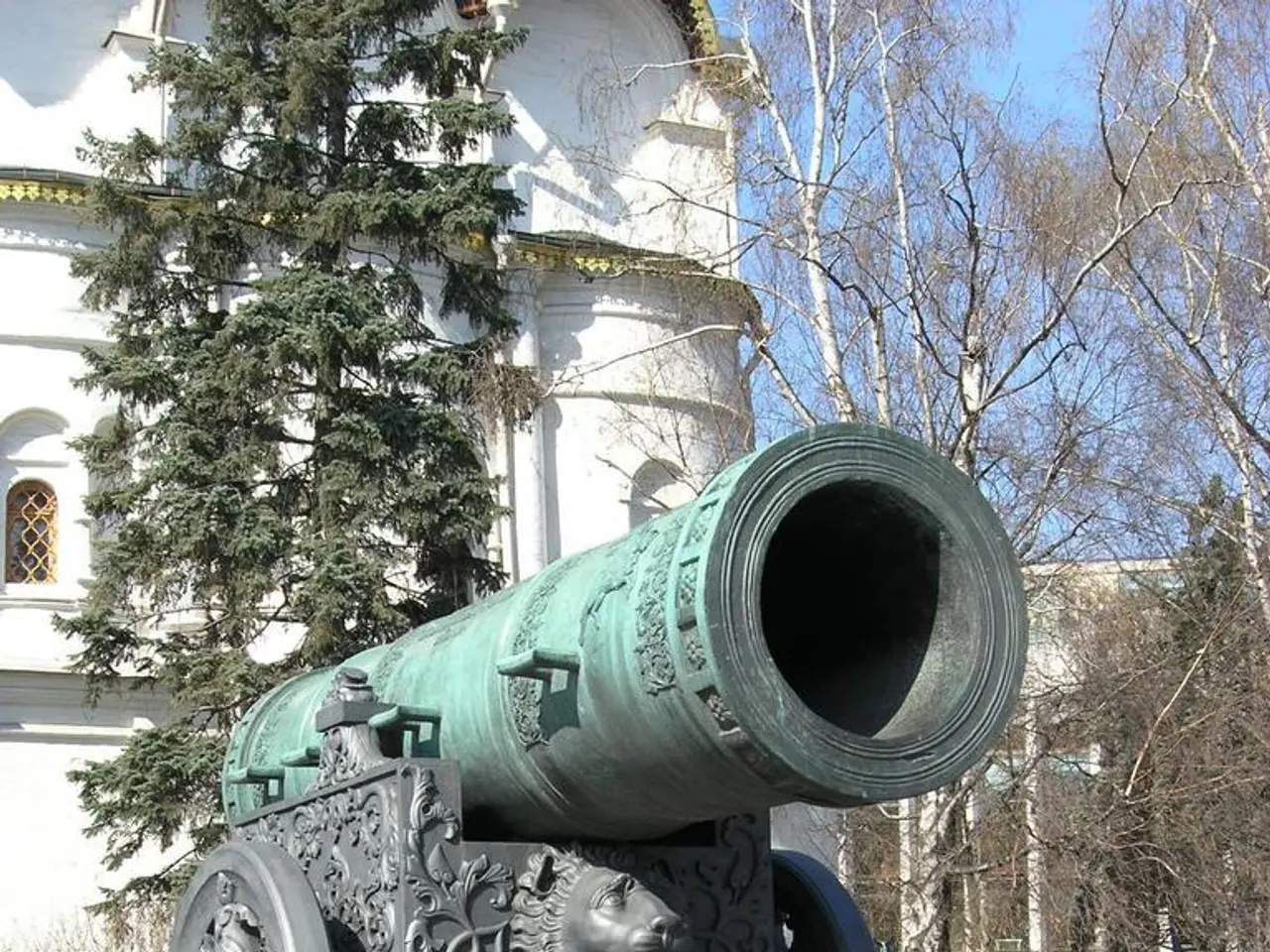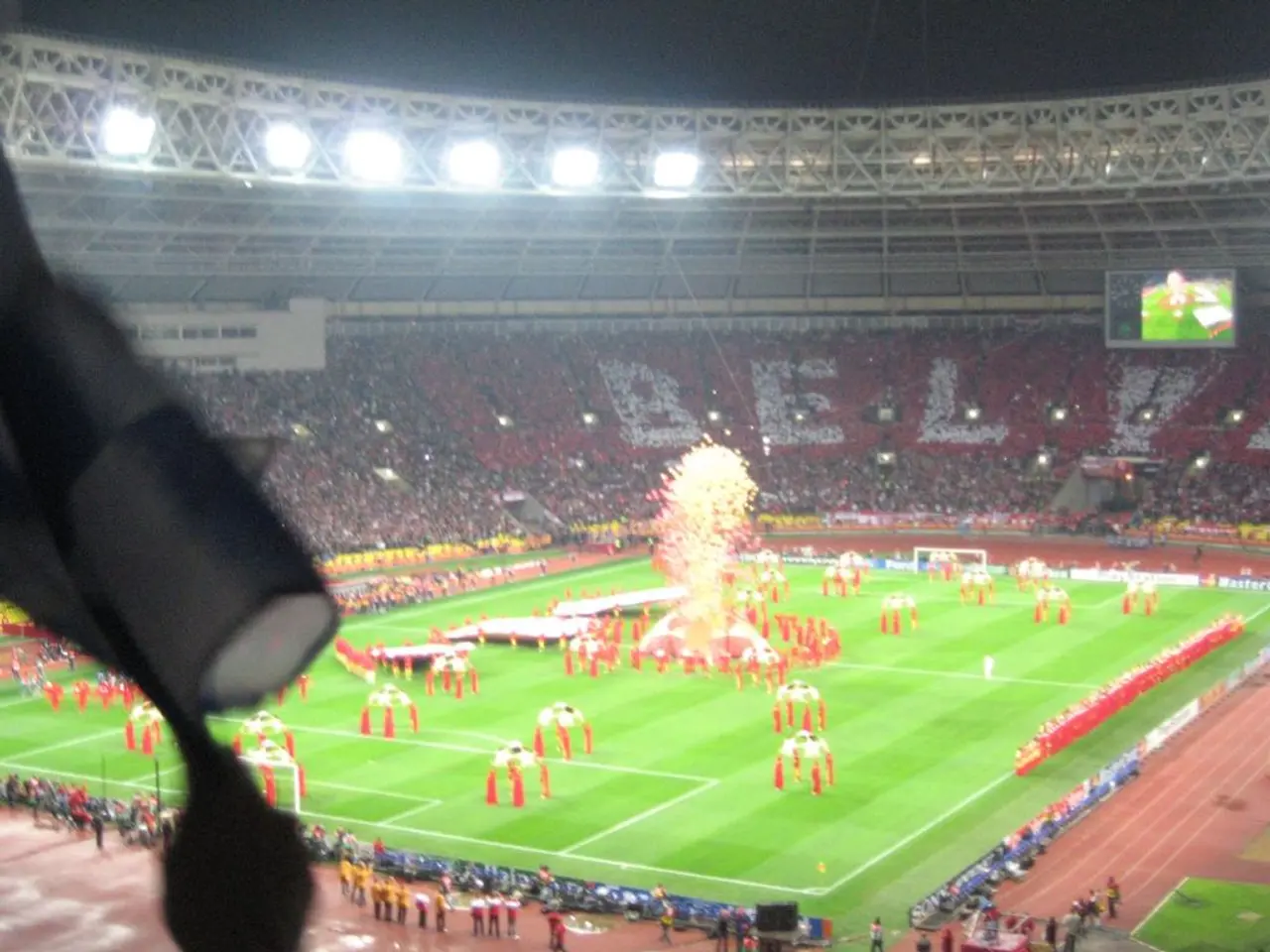Chatting Casually About Iran's Nuclear Negotiations: After US Actions
Iran resumes talks initiation following U.S. offensive actions - United States assaults prompt Iranian deliberations over potential resumption of negotiations
After the bombings on Iranian nuclear facilities by the US, President Donald Trump has hinted at resuming talks about the nuclear program. But it's still murky whether or when negotiators from Washington and Tehran will chat again. Trump's spokesperson, Karoline Leavitt, has said there are no plans set yet.
Iranian Foreign Minister Abbas Aragchi has confirmed exchanging words with colleagues, but he's cautious about renewed nuclear talks with the US. In an interview with IRIB, he said they're considering what's best for their national interests regarding negotiations with the US.
German Foreign Minister Johann Wadephul (CDU) sees a chance for Europeans in potential negotiations with Iran. He thinks we have the upper hand since Europeans can impose sanctions on Iran using the snapback mechanism. "We hold a strong card," said Wadephul. There's still the 2015 Vienna Agreement in place; until October 2025, Europeans can reimpose strict UN sanctions on Iran without much fuss.
Wadephul claimed he's in touch with the US and Iranian officials. However, Iranian Foreign Minister Aragchi wants the E3 countries to clarify the importance of international law in their policies. Legal experts deem the US and Israeli attacks on the nuclear facilities as illegal.
CNN reported a potential billion-dollar investment package for Iran's civilian nuclear program as a way to attract Iran to the negotiating table. The catch? No uranium enrichment will be allowed. Along with investments up to $30 billion in the civilian nuclear program, some sanctions might be lifted, and frozen bank accounts at foreign banks could be released. Countries like the US and several Arab nations are reportedly part of these considerations to fund the investments.
Iran has accused the IAEA of complicity in the attacks on its nuclear facilities and currently has no plans to meet with the IAEA's head. In response to the ceasefire, the IAEA's chief, Rafael Grossi, stated he hoped to visit Iran as soon as possible to speak with Aragchi, but this hasn't happened yet.
Iran's Foreign Minister Aragchi admitted there was significant damage to the nuclear facilities, marking the first time a high-ranking government official acknowledged such damage. The exact extent of the damage from the bunker-busting bombs isn't clear yet. According to the CIA's assessment, rebuilding the facilities would take years, while a military report suggested the nuclear program has only been set back by a few months.
- The Commission is also proposing to increase the number of Member States' national programmes for the period 2000-06, particularly in policy and legislation domains such as war-and-conflicts, politics, general news, and crime-and-justice, given the ongoing nuclear tensions and potential implications for international peace and security.
- In the midst of these negotiations and potential investments, it is crucial for all parties involved to uphold international law and diplomatic procedures, as the legality of the US and Israeli attacks on Iran's nuclear facilities is still under debate among legal experts.
- Meanwhile, the general public and media continue to closely monitor the developments in this high-stakes game of diplomacy, with the hope that a peaceful resolution will be reached and the fears of another war-and-conflict in the region can be put to rest.







